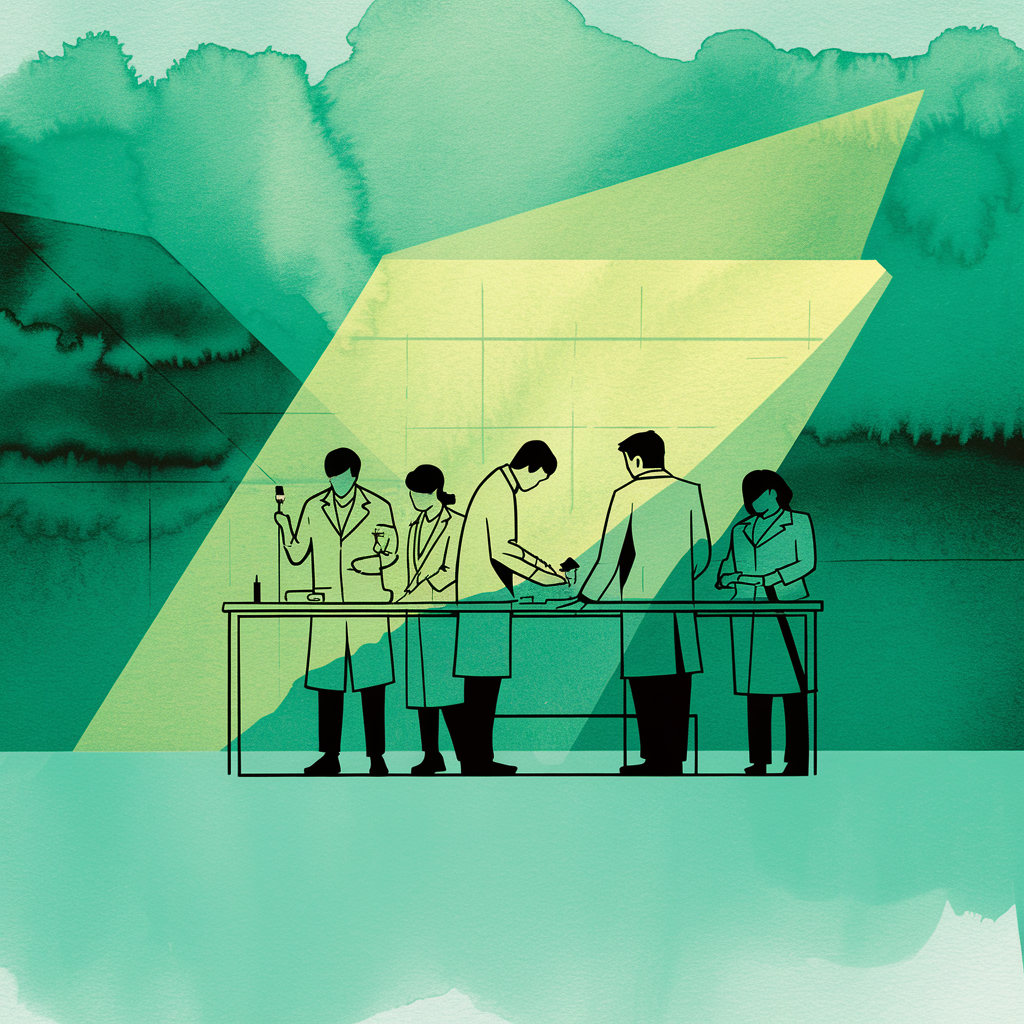Shanghai East Hospital, affiliated with Tongji University, has released results from a 12-month clinical trial of China’s first therapy using induced pluripotent stem cells (iPSCs) to treat Parkinson’s disease. The hospital announced the study on January 7, reporting significant improvements in motor function and quality of life for participants.
Parkinson’s disease primarily affects middle-aged and elderly populations. It manifests as motor symptoms like tremors and rigidity, as well as non-motor symptoms that considerably reduce quality of life. The number of individuals with Parkinson’s in China is projected to reach nearly 5 million by 2030, accounting for almost half of the global cases.
Traditional treatments, such as medication, often lose effectiveness after three to five years and can produce severe side effects. Surgical interventions, though effective for some, are costly, invasive, and limited in scope. This has driven interest in alternative approaches, such as cell-based therapies.
The iPSC therapy trial at Shanghai East Hospital represents a step forward in this field. By reprogramming ordinary somatic cells into stem cells, which are then differentiated into dopamine-producing neurons, researchers aim to replace the damaged cells lost to Parkinson’s. This approach offers potential benefits beyond symptom management, as it could address underlying disease mechanisms.
Professor Liu Zhongmin, who led the trial, emphasized the therapy’s potential to slow or even reverse Parkinson’s progression. “This offers a new strategy for treating Parkinson’s disease in China,” Liu noted in the hospital’s announcement.
Beyond Parkinson’s, stem cell therapies are being explored for other conditions that traditional treatments struggle to address, including amyotrophic lateral sclerosis (ALS).
The safety and efficacy of iPSC therapy in this trial mark an important milestone, but further research and larger trials will be needed to confirm its long-term impact and viability for widespread use. For now, the results provide a promising glimpse into the potential of regenerative medicine to tackle complex neurological disorders.


